AIT India Alumni: Edition 2024/25
The AIT India edition 2024/25 brought together researchers from a wide range of scientific disciplines: foodtech, biotech, chemtech, medtech, pharmatech, cleantech, and robotics. Have a look at their applied research and startups below.
Claudia Bigoni: SaisiR
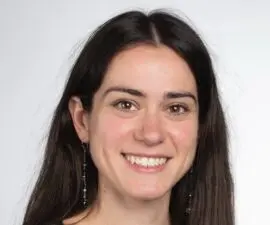
Stroke is a major cause of disability worldwide, leaving 25 million people with severe impairments and unable to perform activities of daily life. SaisiR introduces a revolutionary therapy based on personalisation and neurotechnologies to bridge the gap between the brain and the upper limb. At its core, a braincomputer interface decodes brain signals to activate muscle stimulation via a robotic glove. Enhanced by neuromodulation, their system enables complex movements, fostering neuroplasticity and recovery. A Swissmedic approved trial showed that 90% of patients improved, with lasting benefits and improvements in daily life. SaisiR aims to make this therapy accessible in clinics worldwide, transforming stroke rehabilitation.
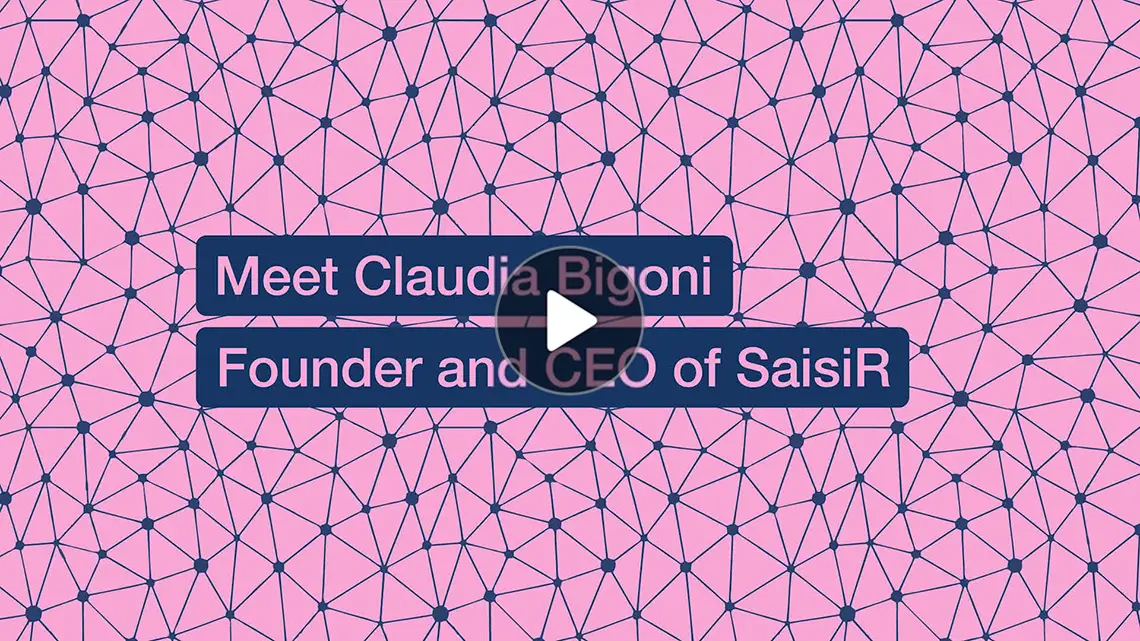
Heath Hartle: Impli AG
Impli is a biotech company working on subdermal hormone monitoring platforms. The first product identified for market launch as a medical device in 2027 in the U.S. will be for women undergoing IVF. The device is expected to improve convenience for women who suffer from infertility by removing the need to have blood draws. Clinicians rely on blood draws to determine effective treatment interventions and this can, in some cases, require for bloods to be taken on a daily basis. With Impli's electrochemical biosensor platform, specifically targeted biomarkers can be monitored to provide clinicians and patients with more data and better insights to improve patient outcome. The platform is implanted and removed after a normal 30-day IVF treatment cycle.
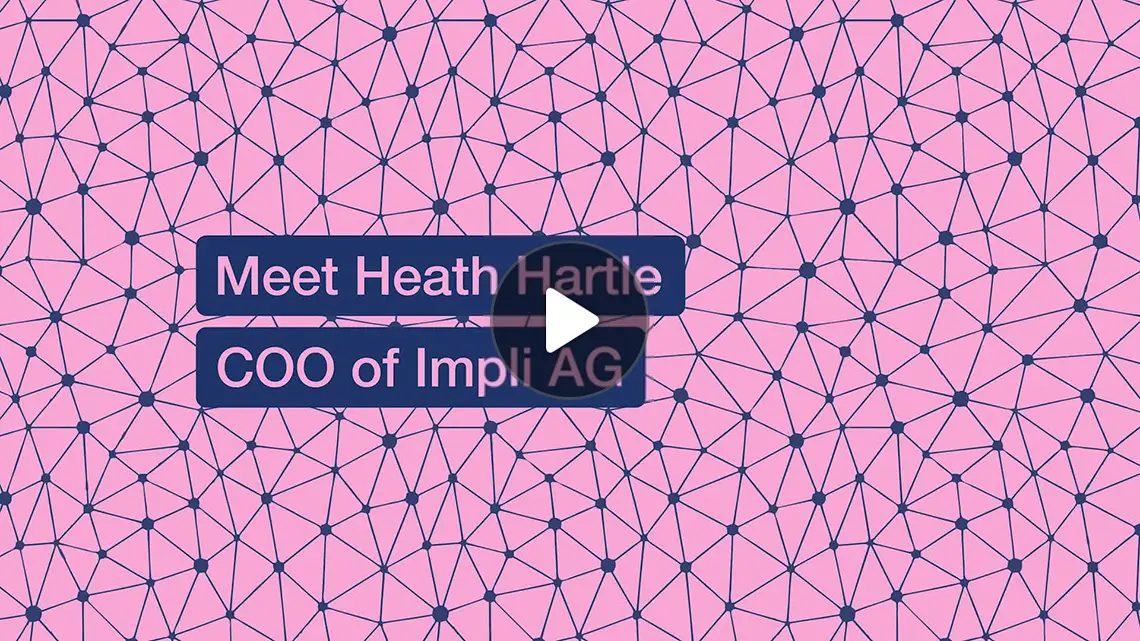
Azure Cell Therapies: Bilal Fares
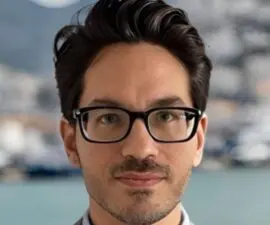
Parkinson's disease (PD) has with no cure and is on the rise. Although cell therapies bring hope to solve PD by replacing lost brain neurons, current limitations in their safety, scalability and loss of efficacy are yet to be addressed. Azure Cell Therapies is developing the next generation of cell therapies for PD that are safe (of low risk of tumour formation), scalable (off-the-shelf with simplified manufacturing), and have sustained disease-modifying effects. Azure's programmes leverage 20 years of cutting-edge research at the University of Geneva, a comprehensive portfolio of nine enabling patents, a strong preclinical data package demonstrating proof-of-concept of their technologies, and a founding team of seasoned biotech entrepreneurs.
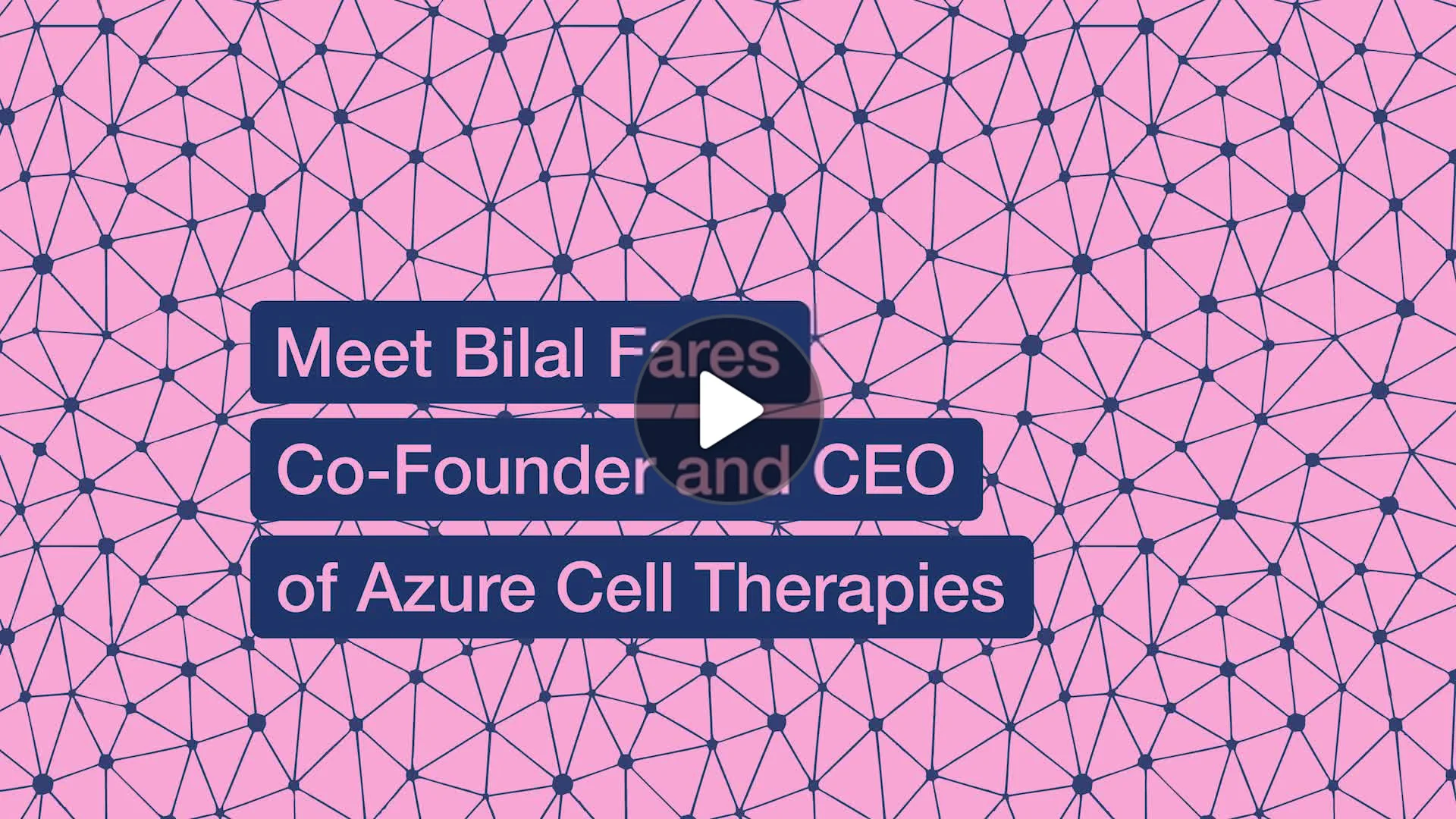
Timur Ashirov: Separatic
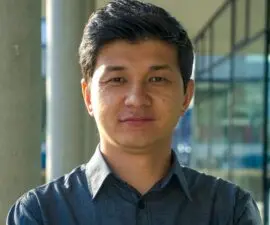
Separatic develops membranes that separate hydrogen from helium in ammonia. They are designed to allow helium to pass through while blocking hydrogen, resulting in a highly purified stream of helium. This method requires only a fraction of the energy required by traditional methods, making it both more cost-effective and more sustainable. This has the potential to transform the helium production industry by providing a more efficient and sustainable solution that saves energy, captures valuable hydrogen, and can be easily integrated into existing production facilities.
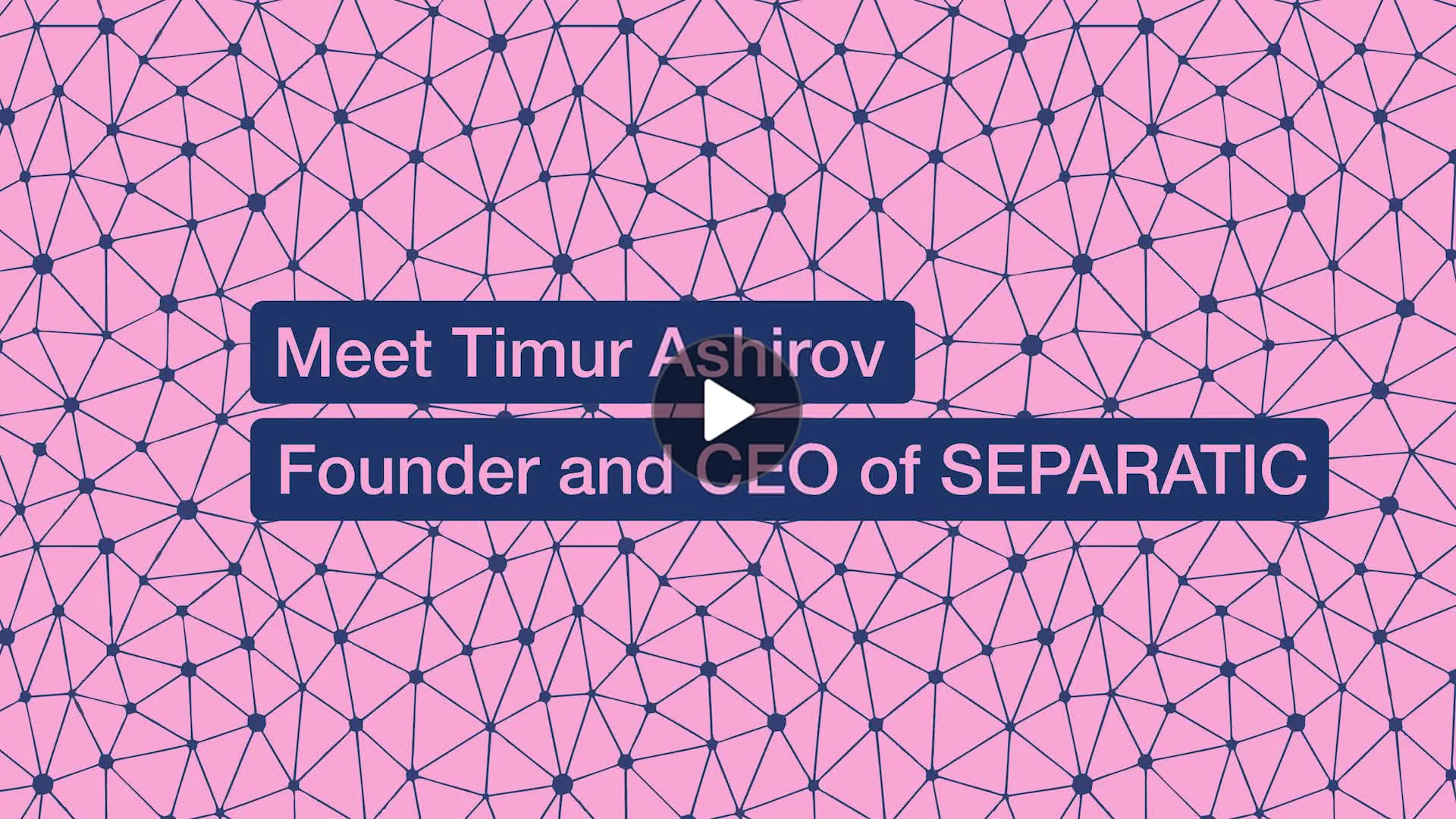
Kevin Turani-I-Belloto: Brightank
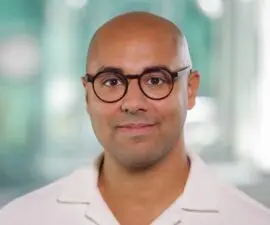
Brightank accelerates industrial decarbonisation by elevating ammonia as a powerful and practical green liquid fuel through an innovative catalyst, paving the way for a greener future. Brightank offers a proprietary catalyst that enables sustainable, efficient and accessible hydrogen production from ammonia. This technology, currently at the Minimal Viable Product stage, leverages cuttingedge materials to ensure high performance and cost efficiency.
Barbara Horvath: Inveel GmbH
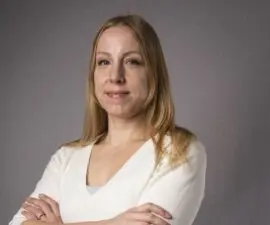
Inveel revolutionises robotics with a cutting-edge sensory skin technology, equipping robots with advanced capabilities. Their groundbreaking nanoelectrode printing method ensures nanometer precision even on large surfaces, which fosters the creation of highly sensitive sensor circuits. This technology transforms robots, allowing them to interact with superior precision and closely emulate human touch, leading to a safer and more efficient coexistence between humans and automated systems.
Fahradin Mujovi: Myriad Optics
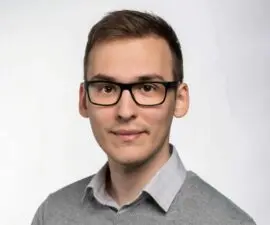
Myriad Optics aims to create a safer food supply chain through a comprehensive bacterial detection and identification technology. They combine optical spectroscopy, microfluidics and machine learning to detect and identify harmful bacteria in under two hours, rather than days. The rapid and reliable test will mean food companies can be sure their products are safe in a simple and easy-to-use way.
Yannick Ormen: Onescope
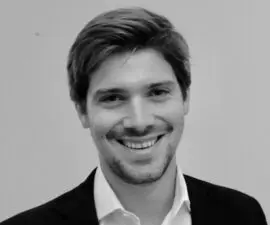
Imagine a world where diagnosing lung conditions is as easy as identifying songs on Shazam. That's the future Onescope envisions with Pneumoscope. Developed in partnership with HUG and EPFL, Pneumoscope integrates a digital stethoscope, a pulse oximeter, and a thermometer into a single, userfriendly device. Its state-of-the-art AI model—DeepBreath—ensures precise classification of respiratory diseases such as asthma or pneumonia, fostering early intervention and superior patient care in both clinical and home settings. Onescope aims to make respiratory care accessible and reliable for everyone, everywhere.
Serhii Shyshkanov: Phorest
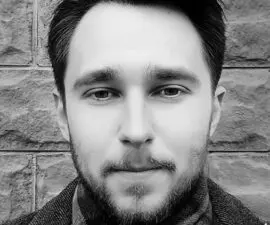
Phorest aims to bring about a transformation for pharmaceutical production by replacing petroleum-based feedstocks with widespread and currently underutilised biomass-derived lignin. This sustainable switch reduces waste and carbon footprint, facilitating production of various pharmaceuticals from renewable resources, while making the pharmaceutical supply chain more resilient through providing a cost effective and affordable technological solution, accelerated with modern digital tools in chemistry.
Participants from India
Learn more about the researchers and startups from India who participated in the 2024/25 edition of the AIT India program.